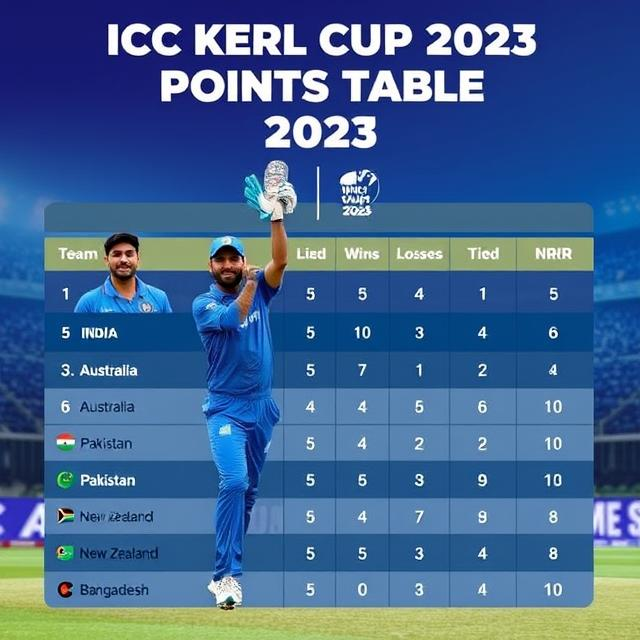Pakistan-Afghanistan Relations: A Complex Tapestry of History and Present-Day Challenges

Pakistan-Afghanistan Relations: A Complex Tapestry of History and Present-Day Challenges
A journey through the intricate relationship between Pakistan and Afghanistan reveals a fascinating but often troubled history. From shared cultural roots to geopolitical rivalries, the two nations have navigated a complex terrain marked by moments of cooperation and profound disagreements. This article delves into the historical context, explores the current challenges, and examines potential avenues for a more constructive future.
A Shared Past, Divided Present?
The historical relationship between Pakistan and Afghanistan is rooted in shared cultural heritage, yet geopolitical realities have often overshadowed these bonds. Afghanistan’s location at the crossroads of Central Asia has placed it at the center of regional power struggles, and Pakistan, with its own complex national interests, has often been drawn into these dynamics. Decades of political instability in Afghanistan, including periods of war and conflict, have directly impacted Pakistan, creating challenges ranging from security concerns to economic pressures.
Current Challenges and Opportunities
The current situation presents a confluence of multifaceted issues. The evolving geopolitical landscape of the region, coupled with the ongoing security concerns in Afghanistan, creates a complex security dilemma for both nations. Economic interdependence, though present, is often strained by political differences and distrust. Addressing these challenges requires a nuanced understanding of the historical context and the contemporary realities of both countries. Can the two countries find common ground in the face of shared challenges?
Potential Pathways Towards a More Stable Future
Fostering dialogue and cooperation is crucial. This includes diplomatic engagement, transparency, and the willingness to address grievances constructively. Exploring potential economic partnerships, building bridges through cultural exchange, and promoting regional stability are also vital steps. In this complex web of relationships, finding a lasting solution hinges on mutual understanding, shared responsibility, and a commitment to dialogue over confrontation.
Conclusion
Pakistan and Afghanistan face a critical juncture in their relationship. Navigating the complex historical baggage, present-day challenges, and future possibilities requires a courageous and committed approach. The commitment to diplomacy, understanding, and cooperation from both sides is essential to ensure lasting peace and prosperity in the region. Only through constructive engagement can the two countries hope to overcome the obstacles that stand in the way of a healthier future.
This article is for informational purposes only and does not constitute professional advice.